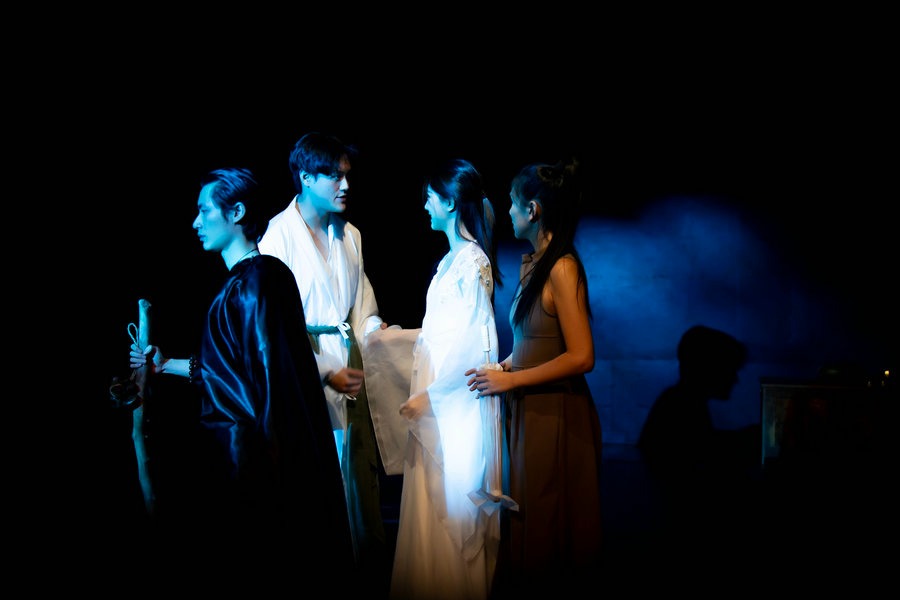Exhibit gives Greek art a fair shake


Although Homer's Iliad and Odyssey belonged to an earlier tradition of oral storytelling, they greatly influenced Greek tragedy, a core part of the ancient Greek theater that originated in Athens around the 5th century BC.
Part of the religious festivals dedicated to Dionysus, the god of wine who was given a nod in a controversial scene featured in the opening ceremony of the Paris Olympics, the ancient Greek theater was anything but frivolous.
In fact, it was meant to give moral lessons, to provide political commentary, and to make the Athenians more aware of their civic duties, which included the keeping of justice.
A water clock dating to the 5th century BC and on view at the Nanjing Museum was used to time speeches during law proceedings conducted in an Athenian court. According to Guan, the allotted duration of the speech was proportional to the seriousness of the case.
"An experienced speaker could tell the time remaining by observing the dwindling water pressure", referring to the fact that the water clock comprised two vessels placed at different levels, and that one must end his address the moment the water from the higher vessel had flowed completely into the lower one.
All the judges in Athenian courts were chosen by lot, the same way the Athenian tribes picked their representatives to form the Boule, or the Council of Citizens, which played a crucial role in the governance of the city.
"Justice in the life and conduct of the state is possible only as first it resides in the hearts and souls of the citizens," said Plato.
Contact the writer at zhaoxu@chinadaily.com.cn





































